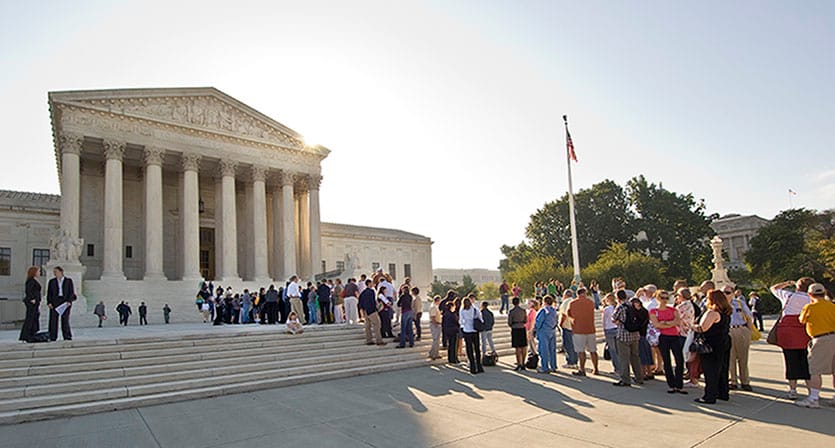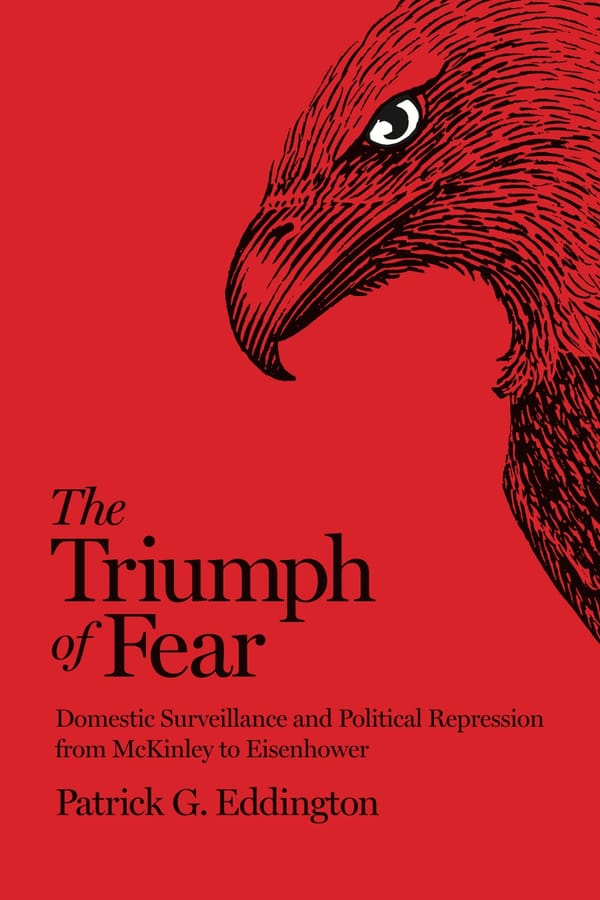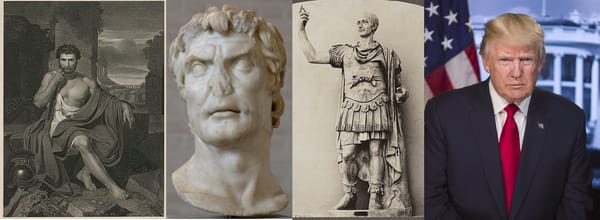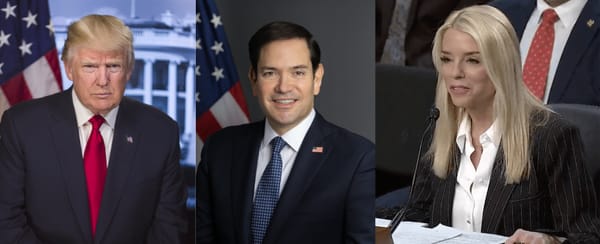Ballot Disqualification: The Stakes
History, text, and precedent all weigh towards Trump's disqualification

Tomorrow, the Supreme Court will hear oral arguments in Trump v Colorado re: his ballot disqualification by the Colorado Supreme Court. My colleague James Craven and I have a new piece out just this evening that looks at the stakes involved, which you can read here. Here’s our bottom line:
…if the court were to reverse the Colorado decision and render Section 3 effectively unenforceable, it would likely embolden Trump and his most extreme supporters to believe that he can act with impunity if he manages to evade conviction in his pending criminal cases and ultimately win back the presidency. And if they sensed that the court avoided disqualifying Trump out of a fear of violence, then their use of violent threats would be validated and encouraged.
It’s fair to be concerned that among the tens of millions of Trump’s supporters, there is a potential critical mass of individuals with sufficient training, equipment (read: firearms), and motivation to engage in violence directed at symbols of federal governmental authority, perhaps even including some public officials. And while in the beginning such persons might act individually or in small groups, the potential for the formation of larger, more cohesive paramilitary formations cannot be ruled out.
Right now, that risk is likely heavily offset by the successful and ongoing manhunts and prosecutions of those who engaged in the January 6, 2021, insurrection. Key leaders involved in that event are behind bars, and two of the most prominent organizations responsible for the breach of the Capitol either no longer functionally exist (Oath Keepers) or have become so decentralized (Proud Boys) so as not to represent a credible threat to the authority and stability of the federal government.
But if political leaders give these groups legitimacy, that could change. While a ruling disqualifying Donald Trump under Section 3 would give politicians who might consider embracing these efforts pause, a refusal to disqualify Trump would instead give them confidence that there is a degree of political violence the system will tolerate.
The worst‐case scenario is that, like the current border standoff, political actors could directly support Trump’s efforts by deploying state troops or the National Guard and employing other armed, paramilitary elements as auxiliaries. This could provide these disparate groups the organization and focus necessary to do serious damage to our constitutional republic.
Section 3 of the Fourteenth Amendment is a powerful guardrail for democracy that was won at a high cost to our country. The court should enforce this powerful provision to disqualify Trump, and in doing so, protect both the nation and the rule of law.
As with all my work, I welcome your feedback, engagement, and support. 😎





